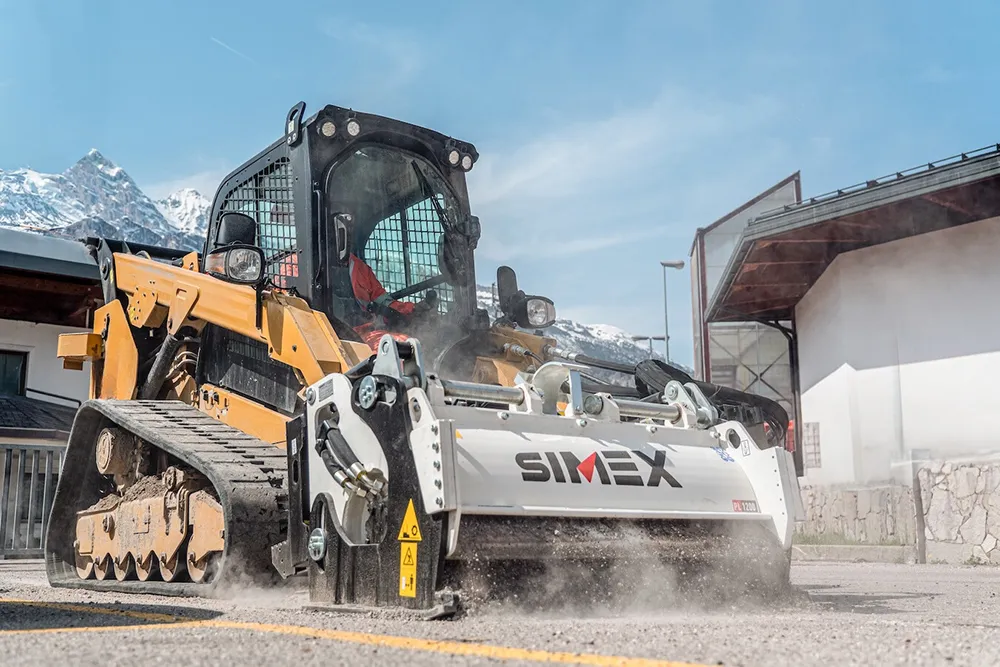The TransCalm is constructed from a rubber compound containing a pneumatic cylinder, fitted with a patented valve that operates at a preset safe speed. The valve is open for drivers under normal safe use, allowing the cylinder to deflate to around 45mm, reducing the firmness of the unit. If the safe speed is exceeded, the valve closes, retaining air in the cylinder, creating a 70mm hump so that the vehicle occupants experience progressive discomfort in proportion to the speed of the vehicle passing over the unit.
TransCalm comes in 3.3m strips to cover a full lane width and weighs around 130kg. With a total width of 900mm, the TransCalm hump is also said to generate less noise when a vehicle rolls over it than other traditional asphalt or rubber bolt-down equivalents.
Markings are reflective to suit traffic direction.
TransCalm is full of air
TransCalm is a stand-alone bolt-down speed hump designed to persuade drivers to comply with the limit in 32kph zones and described as a ‘responsive speed control’ by its manufacturer Mallatite.
The TransCalm is constructed from a rubber compound containing a pneumatic cylinder, fitted with a patented valve that operates at a preset safe speed. The valve is open for drivers under normal safe use, allowing the cylinder to deflate to around 45mm, reducing the firmness of the unit. If the safe speed is exceede
August 14, 2017
Read time: 2 mins
TransCalm is a stand-alone bolt-down speed hump designed to persuade drivers to comply with the limit in 32kph zones and described as a ‘responsive speed control’ by its manufacturer Mallatite.









